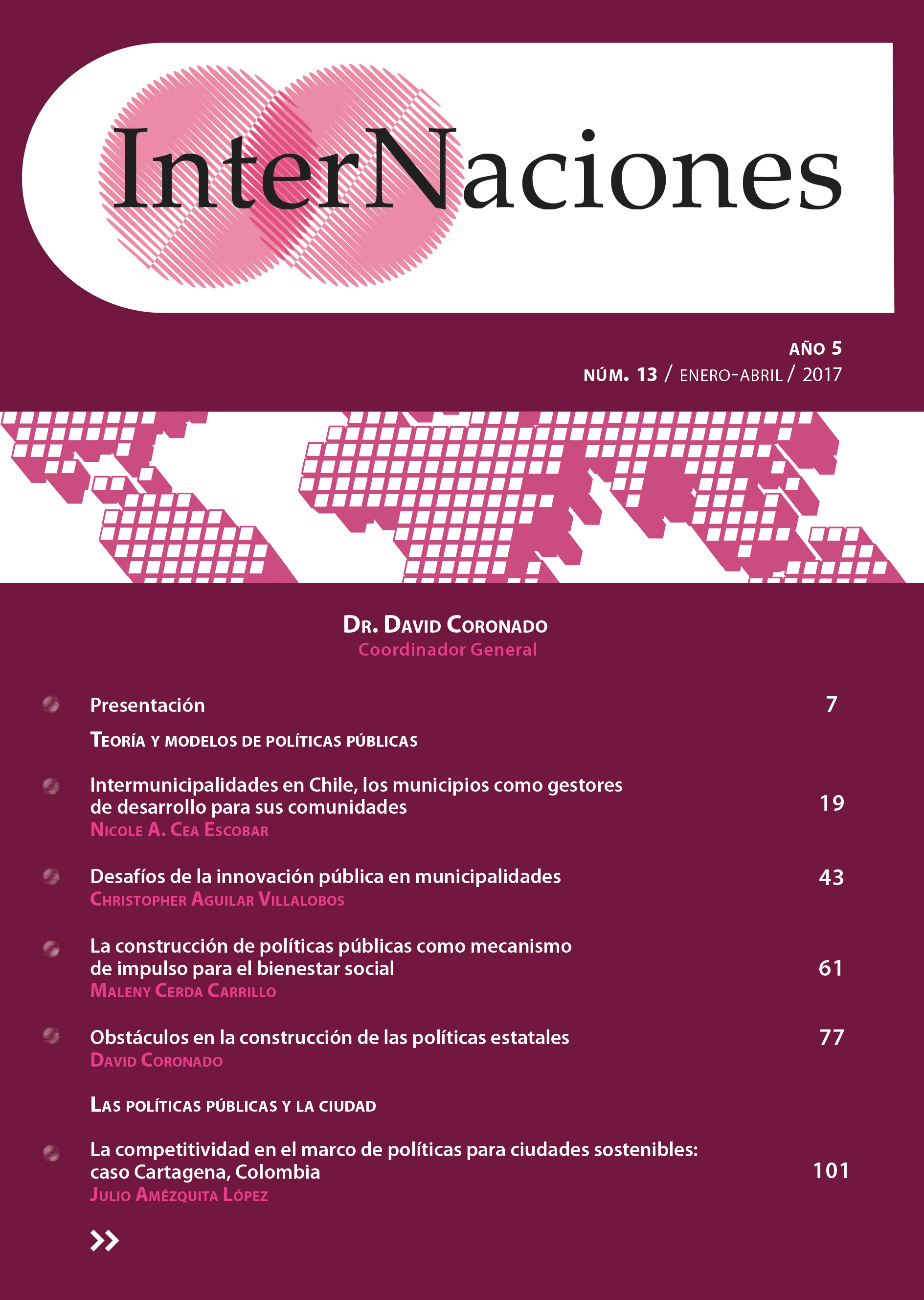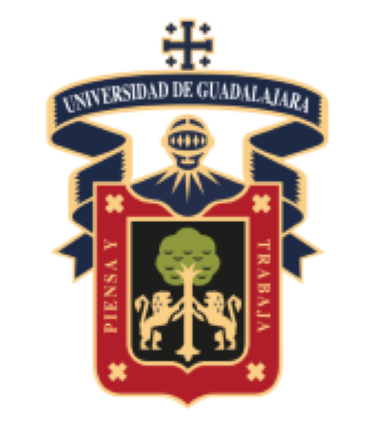The State and the market in the political fragmentation of the Metropolitan Area of Bogotá, Colombia
DOI:
https://doi.org/10.32870/in.v5i13.7071Keywords:
Fragmentación metropolitana, Políticas públicas, ColombiaAbstract
During the last decades, Bogotá has grown towards its edges, which is why the need to manage coordination with the surrounding municipalities has increased. However, institutional and political difficulties have prevented the creation of a metropolitan area. Although agglomerations began to be recognized in Colombia in 1980, today there are six recognized and legally constituted metropolitan areas. They are: Metropolitan Area of the Aburra Valley, Metropolitan Area of Barranquilla, Metropolitan Area of Cúcuta, Metropolitan Area of Bucaramanga, Metropolitan Area of the Western Center and the Metropolitan Area of Cacique Upar. However, in the case of Bogotá, the AM constitution was left adrift both under Law 128 of 1994 and Law 1625 of 2013, which repealed it. This regulatory vacuum would truncate the processes that were carried out in the 2012–2015 administration of negotiation and support for municipalities in fiscal and administrative matters with a view to making metropolitan agreements. The coalition between municipalities, although it becomes a form of articulation in the long term, in the short term it increases the fragmentation of the territory where these functional dynamics develop.Downloads
Downloads
Published
How to Cite
Issue
Section
License
Copyright (c) 2018 Universidad de Guadalajara

This work is licensed under a Creative Commons Attribution-NonCommercial-ShareAlike 4.0 International License.
CC BY-NC-SA 4.0 https://creativecommons.org/licenses/by-nc-sa/4.0/



























